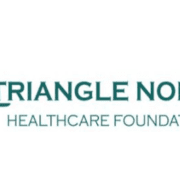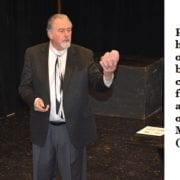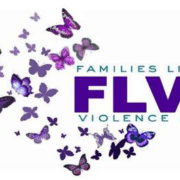Triangle North Healthcare Foundation’s 2018 Grant Cycle opens March 15
— press release
Triangle North Healthcare Foundation is seeking partners to help measurably improve health in Vance, Warren, Franklin, and Granville counties, with the opening of the grant funder’s sixth grant cycle on March 15, 2018.
To be considered for a grant with Triangle North Healthcare Foundation, you must represent a nonprofit organization, school, or governmental agency that serves the Triangle North region— Warren, Vance, Granville, and/or Franklin counties, according to the Foundation’s executive director Val Short. “Your project should fall into one of our five funding priorities, which are Chronic Disease, Mental Health & Substance Abuse, Nutrition & Physical Fitness, Success in School as related to Health & Fitness, and finally, Reproductive Health,” said Short.
The first step in the grant application process is the Letter of Interest, which will be due May 1st. The Letter of Interest form is available on the online Grant Portal, which can be accessed via the Foundation’s website, www.tnhfoundation.org “We strongly suggest that anyone interested in applying for a grant should contact us first to request a meeting,” said Short. “We can discuss the details of a project and determine if it falls within our funding guidelines.” To schedule a meeting to discuss a potential grant project, call 252-598-0763.
Since its first grant cycle in 2013, Triangle North Healthcare Foundation has awarded over $1 million in grants to a variety of programs and projects throughout the region, including the Henderson YMCA’s Save Our Kids and Girls on the Run programs, Boys & Girls Clubs’ healthy teen programs, N.C. MedAssist’s free pharmacy for the uninsured, Smart Start, and many others. A full listing of TNHF grant programs is available on the Foundation’s website.
The mission of the Foundation is “to encourage, support, and invest in quality efforts that measurably improve health in the Triangle North region.” The Foundation cannot accomplish this alone. “Through our partnerships with community organizations, formed through grantmaking, this Foundation can make a difference in the health status of our communities,” said Mrs. Short. “Please let us hear from you!” she added.
Triangle North Healthcare Foundation is a nonprofit regional grantmaking organization based in Henderson, NC, which supports and invests in health and wellness initiatives and programs that will impact health in a positive way in Warren, Vance, Granville, and Franklin counties. Funding for the Foundation’s grantmaking was made possible by the endowment established after the merge of Maria Parham Medical Center and Duke Lifepoint.







 held a teaching license with the Washington State Medical Board. She is also certified through multiple organizations and societies including, Board certification by the College of Family Physicians of Canada. She is a Member Royal College of General Practitioners (MRCGP), United Kingdom and a Member Royal College of Physicians (MRCP), United Kingdom. She is ECFMG certified and board eligible with the American Board of Family Physicians (ABFM).
held a teaching license with the Washington State Medical Board. She is also certified through multiple organizations and societies including, Board certification by the College of Family Physicians of Canada. She is a Member Royal College of General Practitioners (MRCGP), United Kingdom and a Member Royal College of Physicians (MRCP), United Kingdom. She is ECFMG certified and board eligible with the American Board of Family Physicians (ABFM).